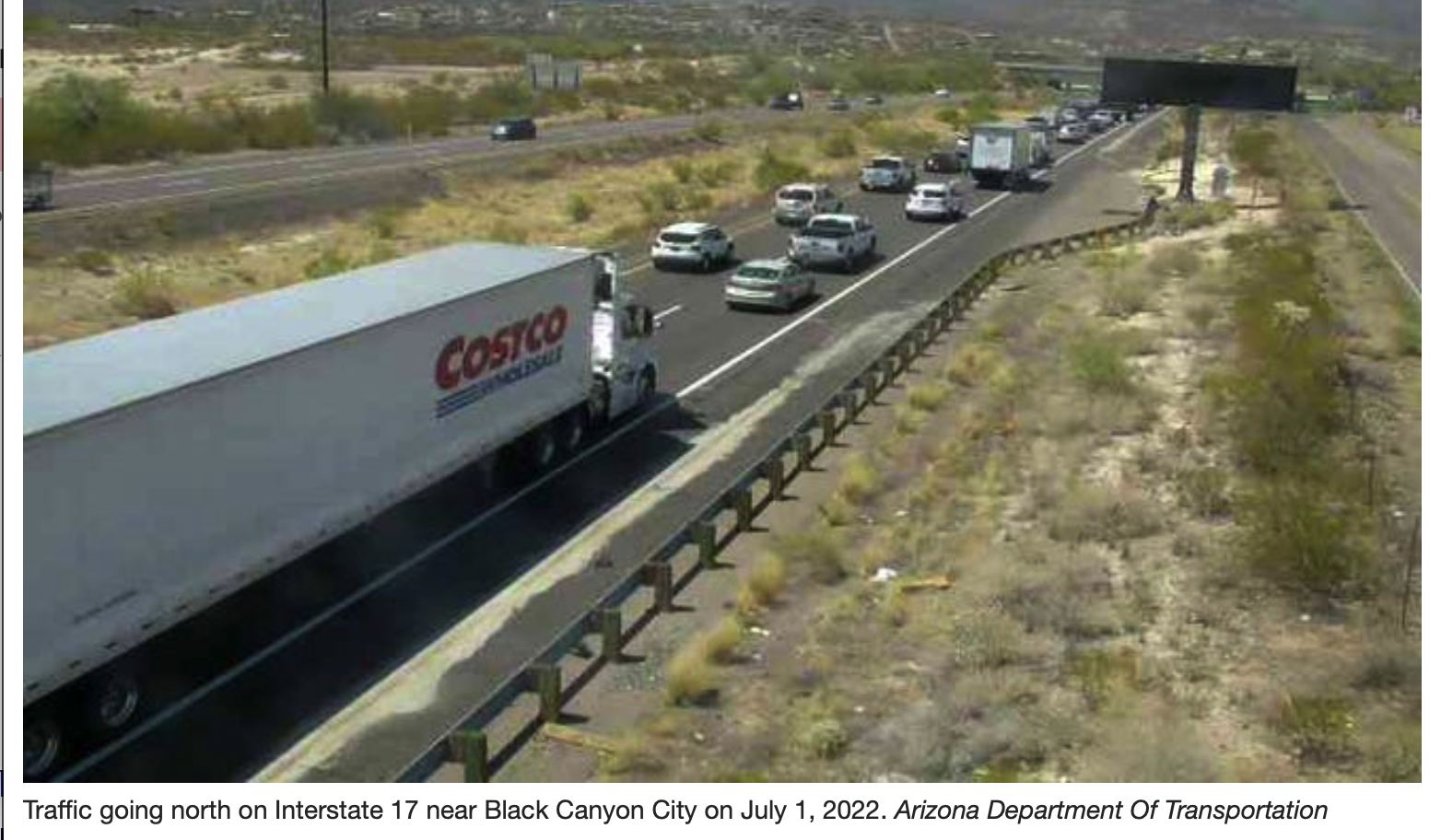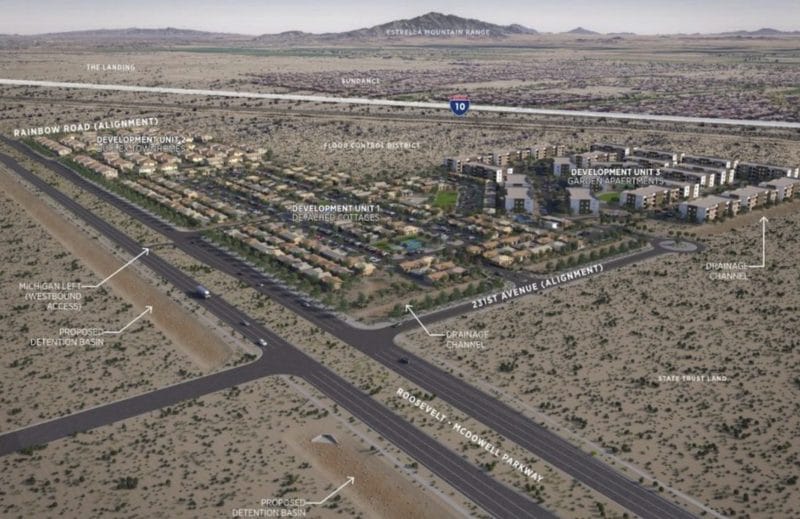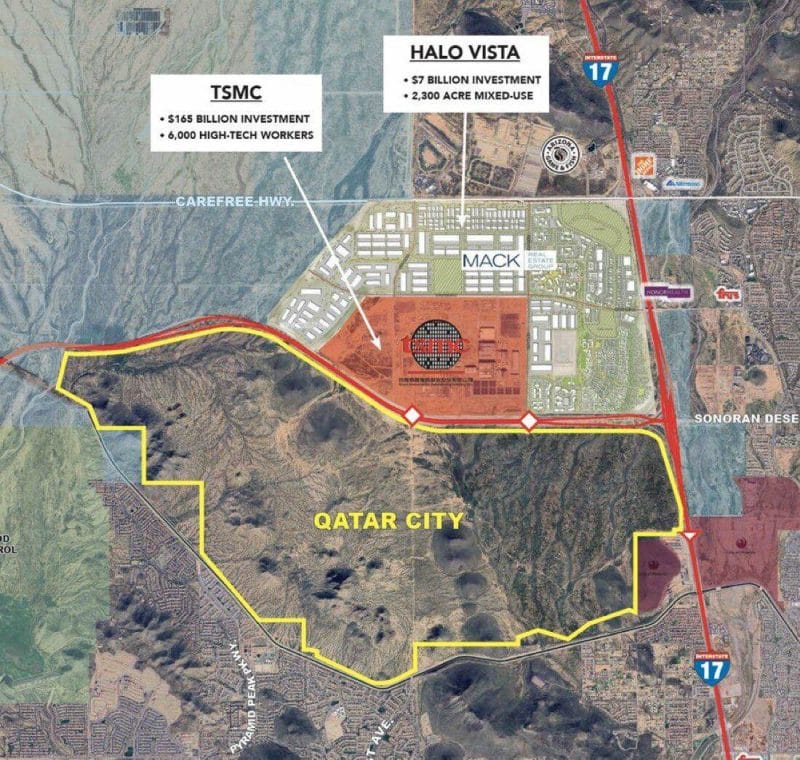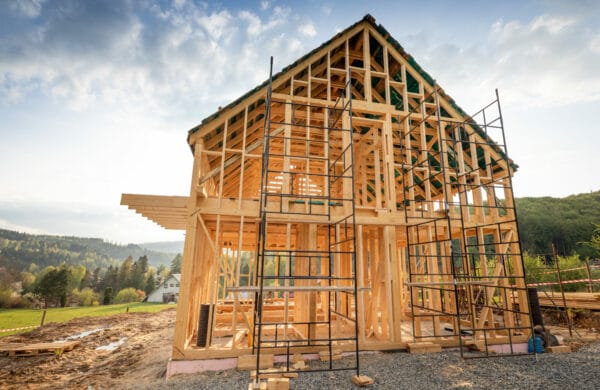Opinion: ADOT plans to use nearby groundwater to widen Interstate 17 near Black Canyon City. It’s a worthy project, but one that could have catastrophic consequences for residents.
By Mary Hoadley and Tim Flood ||| opinion contributors/The Arizona Republic
A compelling case study of conflicting water interests is unfolding in Black Canyon City, where the Arizona Department of Transportation (ADOT) is preparing much needed improvements to 22 miles of Interstate 17.
It poses serious implications for Arizona’s efforts to better manage its ever-dwindling groundwater.
In an area that’s outside of a regulated Active Management Area and dependent on a shallow aquifer, the two main water providers – Black Canyon City Water Improvement District and Cold Water Canyon Water Company – have determined they cannot risk their water supply by providing construction water to ADOT.
Private well owners are free to sell their water and several have contracted with Kiewitt-Fann Joint Ventures, ADOT’s contractor, to do just that. But well levels have already dropped 2 feet this summer. The monsoon has not helped the Agua Fria, a major source of groundwater recharge, to flow consistently, and users are facing a serious Stage 3 set of water restrictions.
Construction has yet to start.
Previous road construction dried up a spring
When ADOT reconfigured the Cordes Junction Traffic Interchange from 2010 to 2013, water usage caused a nearby spring to dry up. The contractor was free to obtain water from a local water company that was free to provide it. But Big Bug Spring on the Miramonte Ranch in Spring Valley dried up for five years, impacting both livestock and wildlife.
As a result, the Upper Agua Fria Watershed Partnership met several times with ADOT arguing that only sustainable water resources should be used for ADOT construction. That is, no existing user or the environment should be adversely impacted. In fact, we asked that ADOT mandate that any future contractor use only sustainable sources.








